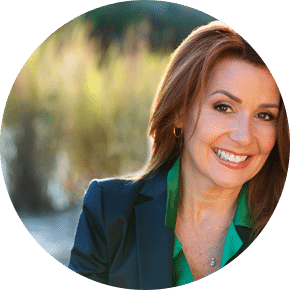by Susan Matthews
Why was a couple, who had just moved into their nearby dream home a year ago, attending my open house? Their new neighborhood was making them absolutely miserable. Protect your quality of life and investment by carefully considering communities along with homes.
1. Do your homework on local schools. Even if you won’t be using them, schools impact property values more than any other single influence.
2. Check out the culture. Avoid a community personality clash. Some are super social, while others are more reserved. Find out if one will be a good fit by introducing yourself to neighbors. Ask them questions about planned events and what it’s like to live there. Be sure to check out amenities in person, such as the pool or fitness center. You want to ensure the community is well-maintained and caters to who you are and how you want to live.
3. Read the fine print. Is there a Property Owners Association? Carefully review the covenants, codes and restrictions to find out how they would impact your use of the home and property. One new home owner, who planned to have TV service installed, was irritated to find out his gated community doesn’t allow work trucks in on Sundays.
4. Evaluate the data. Your Realtor should provide neighborhood-specific property values, sales trends and appreciation rates. These can vary dramatically, even within a subdivision. Without this information, how will you know if you’re making a wise investment?
5. Determine real drive time. Minutes are more relevant than miles. Test drive the commute from the community to work or other routine destinations, during the times of day you’d be making the trips. Are a hospital, supermarket and other important locations close enough for comfort?
If you’re my age, the theme song for Mr. Rogers is now stuck in your head.
“It’s a beautiful day in this neighborhood,
A beautiful day for a neighbor,
Would you be mine?
Could you be mine?”
Happy home and neighborhood hunting!
Susan Matthews is a Realtor with The Matthews Group of Carolina One, serving greater Charleston. To learn more about local communities contact Susan.

